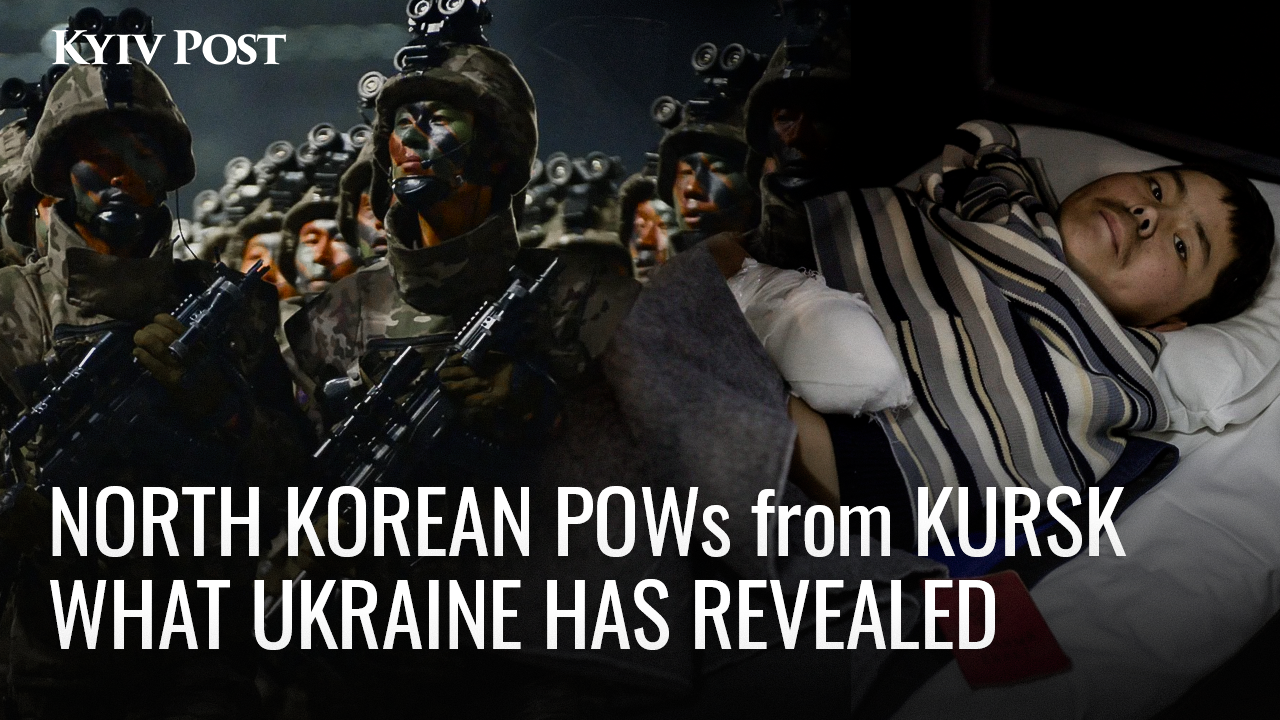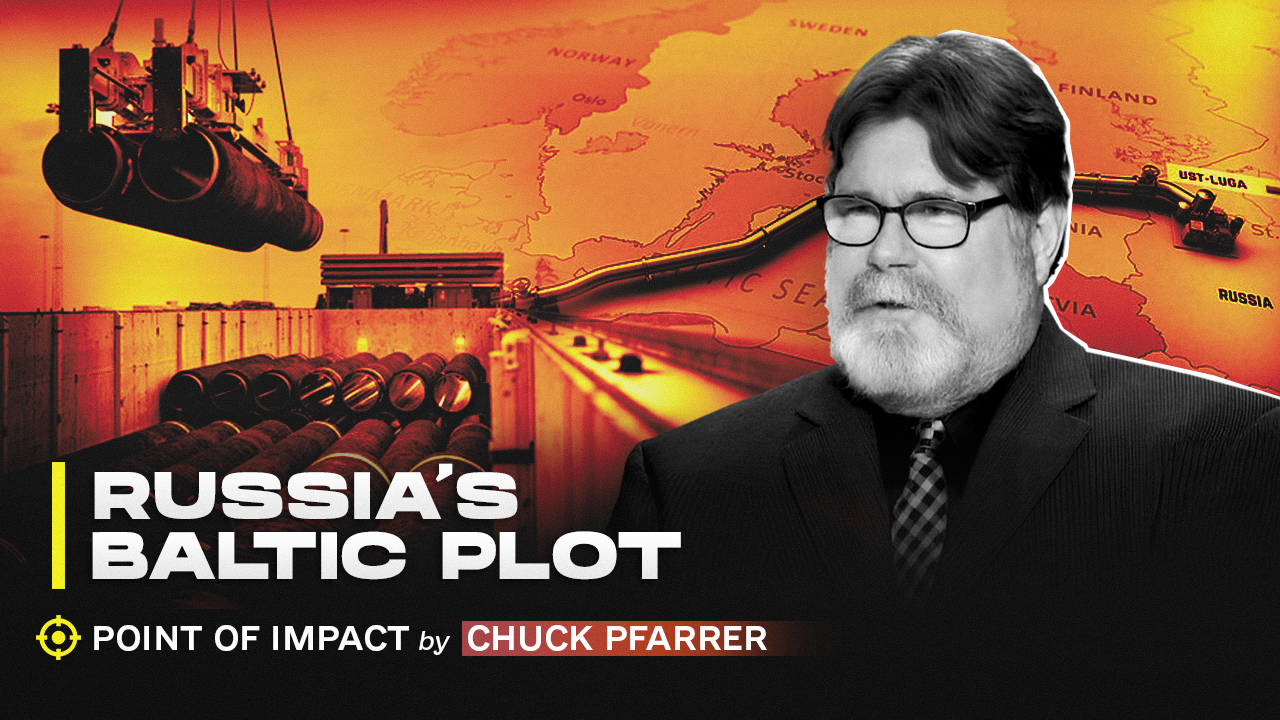European Commissioner for Economics, Paolo Gentiloni, said on the sidelines of a G20 meeting in Brazil on Thursday that Ukraine likely will receive a $50 billion loan backed by Europe’s frozen Russian assets.
“I am confident we will be able to have this in place by October,” he told Reuters. “By October, I mean the framework. Then, of course, by the end of the year, you have to go to the markets, but every country is different,” Gentiloni said. He added that the EU parties involved, politically, are making “very good progress.”
JOIN US ON TELEGRAM
Follow our coverage of the war on the @Kyivpost_official.
The discussion about loans backed by billions in frozen Russian assets goes back almost a year. Still, at June’s G7 meeting in Southern Italy, Italian Prime Minister Giorgia Meloni, who held the group’s rotating presidency, said that leaders agreed to the idea in principle. Thursday’s announcement is the first to set a rough timeline, but political hurdles in Brussels remain.
Reuters reported that EU ambassadors on Wednesday discussed possibilities to safeguard their decision, that is, to address the possibility that, at some point, all members of the 27-country bloc may not agree. It was a diplomatically phrased reference to Hungary, which has been stonewalling other EU aid to Ukraine for months.
Reuters said that one way to preserve the status of the frozen assets is an indefinite prolongation of the sanctions on Russia’s Central Bank’s assets, or else for three years.

Reality Bites – Trump Tells Kellogg to End War in Ukraine in 100 Days
In Rio de Janeiro for #G20 meetings. Excellent exchange with @cafreeland on support for Ukraine and international tax cooperation pic.twitter.com/MFHB9OLcKu
— Paolo Gentiloni (@PaoloGentiloni) July 25, 2024
“Ukrainians are here,” the sports minister proudly declares on the eve of the Olympic Games
As the curtain rises on the 2024 Summer Olympic Games in Paris on Friday, Ukrainian Sports Minister Matviy Bidnyi said that “we need to remind the world that Ukraine exists, is fighting, and is capable of winning,” Bidnyi told AFP by email on Thursday. The Russians wanted his country to “cease to exist,” he said, but instead, he said, “the opposite has happened,” he said.
“At the beginning of Russia’s full-scale invasion of Ukraine, few believed we would stand... [But] Ukrainians are here, Ukraine is participating in the Olympic Games,” he said on the eve of the opening ceremony.
The Russians will not be there, at least not competing for their country. The 15 athletes from the Russian Federation will appear under a neutral flag, as will 17 Olympians from Belarus.
Ukraine has sent 143 athletes to represent the blue-and-yellow.
Meanwhile this week, a human-rights law firm based in The Hague and Kyiv has accused the International Olympic Committee (IOC) of negligence after the group had demonstrated that 17 of those Russian and Belarusian athletes agreeing to compete under a neutral flag had shown support for the Kremlin’s war in Ukraine, a stance not allowed under Olympic rules.
Global Rights Compliance argued that those athletes are in breach of regulations introduced in December banning athletes from publicly “expressing support for the war in Ukraine” including on social media, despite claims from the IOC that they had vetted all athletes involved.
Ukrainian athletes faced tremendous setbacks during the war to prepare for Paris, as many athletes had to leave their home country to train, with an estimated 500 athletic facilities, including 15 Olympic training bases, destroyed, and 487 athletes in all who perished during the Russian invasion that has now lasted 29 months.
“Ukrainian athletes have proudly overcome the incredible hardships brought about by the Russian war,” Bidnyi said. “The killing of loved ones, the destruction of homes and stadiums, endless relocations -– these are challenges that all Ukrainians, particularly athletes, constantly face.”
“We can rebuild the sports infrastructure,” he said. “However, we will never be able to bring back the athletes killed.”
Tomorrow, the 2024 Olympics will start.
— Anton Gerashchenko (@Gerashchenko_en) July 25, 2024
140 athletes will represent Ukraine.
487 Ukrainian athletes will never again be able to compete - they died since the start of the full-scale invasion.
Over 4,000 more Ukrainian athletes are defending Ukraine today.
📹: Suspilne pic.twitter.com/1C1PDILJQe
Denmark and the Netherlands to send 14 Leopard 2A4s to Kyiv this summer
In a move that should take Ukraine closer to heavy-armor superiority on the battlefield, the Netherlands and Denmark announced they would send 14 German-made Leopard 2A4 tanks as early as this summer.
“The 14 Leopard 2A4 tanks that the Netherlands and Denmark have bought for Ukraine will go to the war-ravaged country this summer. The main battle tanks have been refurbished and tested over the past few months,” the Dutch Ministry of Defense said in a statement Thursday.
“Ukraine urgently needs more military support, given the heavy fighting on the battlefield,” Dutch Defense Minister Ruben Brekelmans said. “These tanks can play an important role for the Ukrainian [military] to defend itself against the Russian troops. Together with allies and partners, the Netherlands will continue to support Ukraine for as long as necessary.”
Brekelmans added that F-16 fighters from his country will arrive in Ukraine soon.
“This is crucial to protect Ukraine and keep Putin’s aggression at bay,” he said.
The Dutch government is also allocating an additional €300 million for ammunition for the F-16s they are sending.
The Netherlands and Denmark are set to deliver 14 Leopard 2 tanks to Ukraine, aiming to bolster Ukraine's battlefield capabilities.
— RKS NEWS (@RksNews) July 25, 2024
Recently, both nations also donated F-16 aircraft to support Ukraine against Russian aggression. #Ukraine #Leopard2https://t.co/o1g4K0kWwp
You can also highlight the text and press Ctrl + Enter













